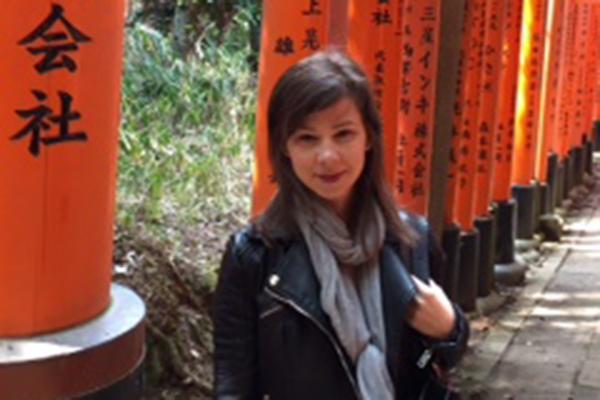
The Institute for Japanese Studies presents:
"Mourning Social: Religion, Politics, Poetics, and Sociality in the Tale of Genji's Post-death Scenes"
Beth Carter
Case Western Reserve University
Abstract: Although codified since the eighth-century, pre-modern Japanese mourning experienced newly evolved social, political, and religious intersections by the mid-Heian period (c. 1000 C.E). These developments provided authors an opportunity to re-calibrate post-death scenes to express individual grief, illuminate the world at court, and delineate relationship, rank, and gender. In the mourning scenes of Yūgao and Aoi in Murasaki Shikibu’s Tale of Genji (Genji monogatari), there is an amalgamation of public and private, individual and communal, as well as prescribed and elected rituals and practices. The narrator emphasizes that these deaths should be read against each other, as Shikibu’s “mourning poetics” (an artful layering of time, lament, and ritual) is not just an aesthetically pleasing convention to express grief but reveals the social and religious duty to pacify spirits who could return to the world of the tale and cause social and political disorder, even death.
Beth Carter's area of research is mourning rituals and practices in classical Japanese literature with a special emphasis on The Tale of Genji. She also has a secondary interest in female homosocial ritual represented in premodern Japanese texts. Her work introduces the concept of “mourning poetics,” or the way authors layer codified mourning ritual with structures of time and poetic lament to further shape character’s expressions of grief, clarify relationships, and negotiate the divide inherent in death.
She currently serves as the section head of the Japanese program at Case Western Reserve University and has been the recipient of the W.P. Jones Presidential Faculty Development Grant (2019), Fulbright Graduate Research Fellowship (Kyoto, Japan in 2013 and 2015) and the Blakemore Freeman Fellowship for Advanced Asian Language Study (Yokohama, Japan in 2014), among others.
